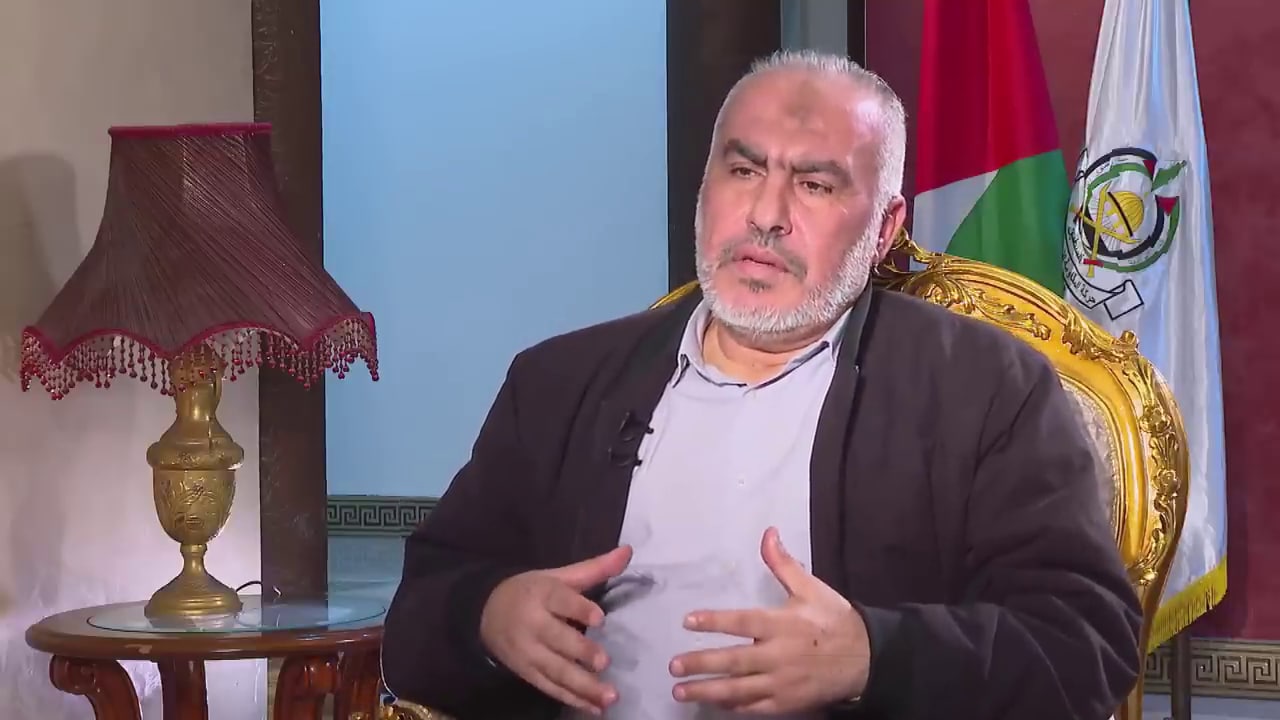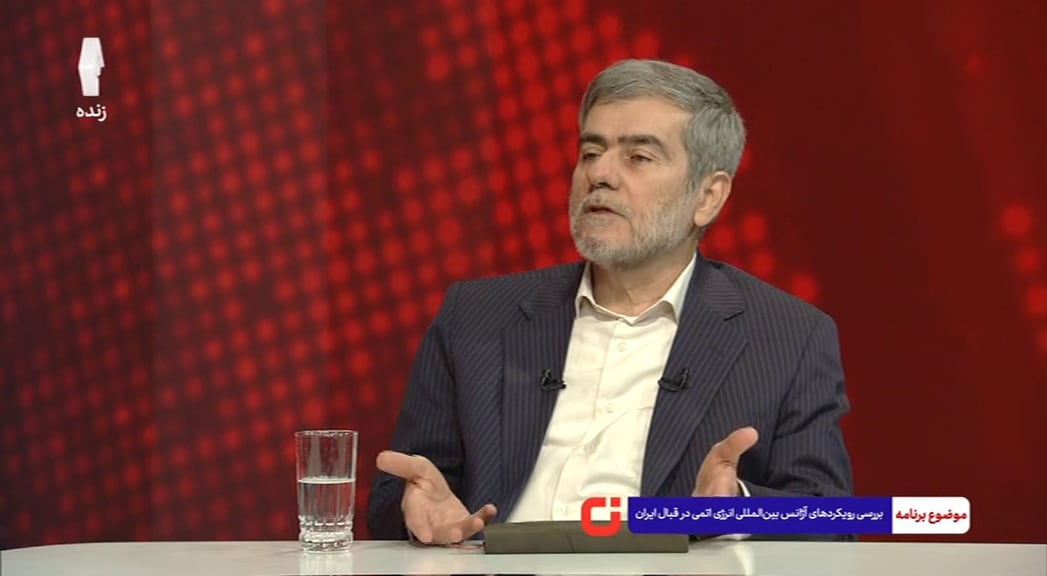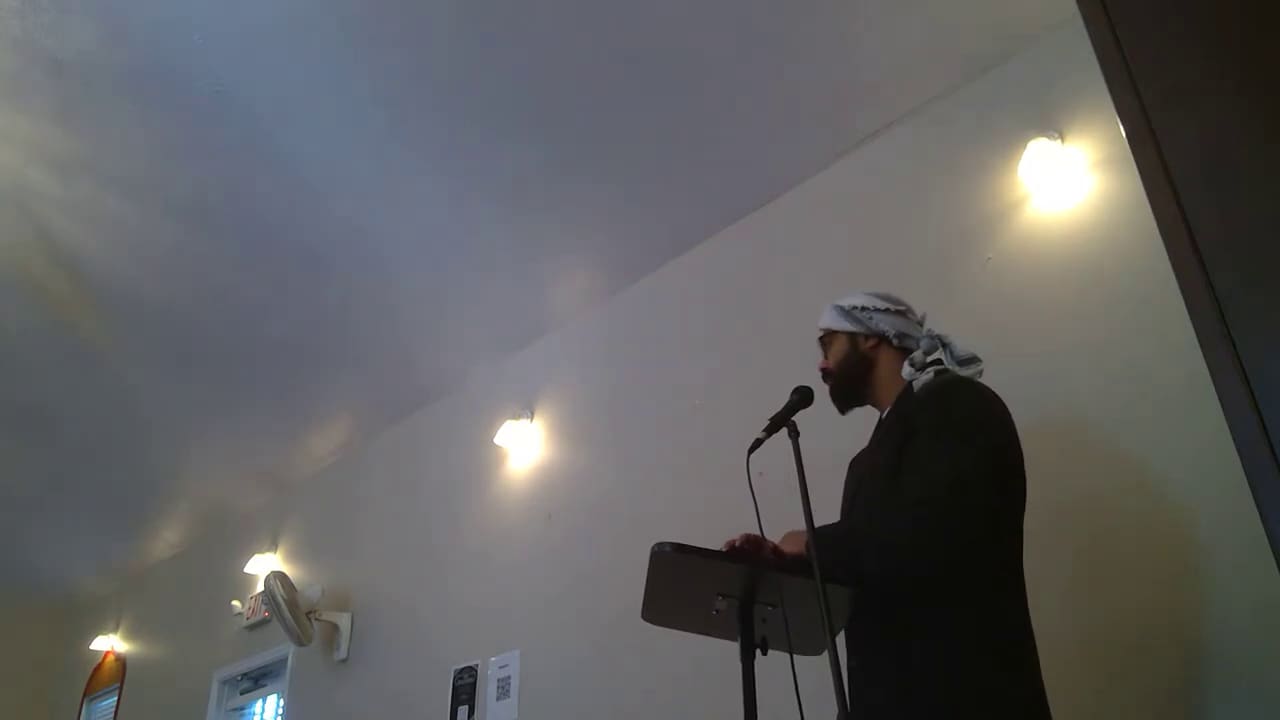
Following are excerpts from testimonies on Al-Qaeda's control of U.S. Prisons in Iraq, which aired on Al-Arabiya TV on December 21, 2007.
Sheik Abd Al-Jabbar Abu Risha: The Camp Bucca prison has become a school for the takfir supporters. When someone who is innocent enters the Bucca prison, he returns to us as one of the takfir supporters, as a result of his contact with them. There are several wards in that prison which oppose the takfir supporters, and the two groups are waging a war within the prison. When someone is released, he doesn't say: "Thank God I am free." He says: "Thank God I am free of the takfir supporters there."
[...]
Narrator: Most of the inmates know nothing about the extremist ideology. Since most of them were arrested for no good reason, Al-Qaeda has a good chance of recruiting them.
[...]
Reporter: There are no clear figures regarding the number of detainees in Iraq. The official figures revolve around 20,000, while unofficial figures range from 70,000 to 100,000. From time to time, there are initiatives to release detainees, but the difficult security conditions are used to justify the policy of "arrest now, and interrogate later." Unfortunately, some of these prisons have turned into factories for converting innocent people into extremists. Let’s watch the testimonies of some former detainees, who have agreed to share their prison experience with us.
Rahman Al-Kubeisi: They took me from Abu Ghureib, where I was held for one month. Conditions in Abu Ghureib were a little better than [in Bucca]. In Abu Ghureib, I saw strange things too, like an Emir in charge of religious law and an Emir in charge of military matters, a prohibition on smoking, and many things like that. But when I was transferred to Bucca, I saw things I never saw before, and never will see again. The most simple example is that if you were sitting at the door of the caravan or tent, along with two or three people – because it was cold, and you were trying to catch some sun – someone would come and say to you: "Get inside." If you asked why, he would pull out some verse, or invent something, along the lines of: "Do not sit next to the road." If you did what he said – fine. If not, when the sun would set...They have yellow suits, which they call "Suniat"... They zip up these suits, and they wear other clothes, which they use to cover their faces. They come over, cover you with a blanket, and beat you with a club or an iron rod. All this is done because of something trivial, like sitting outside, but if they see someone smoking a cigarette – they break his bones. For 32 days, I didn't take a shower. The reason was that when I arrived, I had only one set of clothes, and when you took a shower, you had to wear long clothes, down to the knees. That was the situation. In the prison showers, there were 20 shower-heads spraying water at you, so you had no choice but to take off your pajamas or your pants, but this would get you into trouble, and they would break your bones. There was a guy who was originally from Tikrit. He came from Al-'Auja, in the Salah Al-Din province. They attacked him for a trivial reason. After all, it is not that we are infidels and they are Muslims. No, we too pray and go to the mosque, yet in their view, we are infidels. Because this guy was from Al-'Auja, near Tikrit in the Salah Al-Din province, they fabricated some story about him, came in, covered him with a blanket, and broke his bones. In the prison, there are large pebbles on the ground. They filled a sock with pebbles, and used it to beat him, until they broke his skull, and he died.
[...]
Al-Kubeisi: When you enter prison, either you become one of them, or else they kill you. Our Imam, who used to lead us in prayer and deliver sermons, was a teacher of Islamic studies. I knew him from Al-Ramadi. His name was Sheik Adnan. People always tried to protect him – and I know what I am talking about, because I was detained in ward No. 2. People tried to protect him, because the takfir supporters had issued a death ruling against him. Why did they want to kill him? I was in prison at the time when the constitution was drafted. Anyone who did not want the constitution could vote against it. Nobody forced you to vote "yes." He said everyone should vote according to their convictions, and he refused to issue a fatwa against this. In Bucca, you need a fatwa even to drink water.
[...]
Al-Kubeisi: A detainee from Al-Ramadi, from the Al-Sufiya region, went into the toilet. The toilets are small and made of plastic. They are the Kuwaiti kind, with the two steps that you need to climb. So he entered the toilet with his left foot... Sorry, with his right foot. They made a big fuss, and broke his legs. They said: "How dare you step into the toilet with your right foot?" The Bucca prison is a safe haven for takfir supporters. The coalition forces do not intervene there, unless, for example, an entire ward is burned down – our ward was burned down – or in the case of a murder. Only then do they bring in the riot squad to take the body. Nobody dares to say who the killer was. Often, we wouldn't know ourselves, because they would cover their faces.
Al-Kubeisi: They have many capabilities. They have swords. At first, I would laugh when they told me that a sword fight took place in a certain ward. But then I saw with my own eyes – swords and knives. I don't know how they made or got hold of them, but these were real iron swords. Some say they make them from the air ducts in there. We had a cooling system with air ducts. Some say that they break pieces off, sharpen them, and make swords. You get swords like the real thing, and they use them to kill.
[...]
Former Camp Bucca Inmate: One father used to smoke, but his son did not. Smoking was prohibited there, and they treated anyone who carried a cigarette pack as if he was carrying a bottle of Arak. The son told his father to quit smoking, and the father said: "How can you ask me to quit when I'm in such trouble? Smoking helps ease the psychological pressure a little." The son insisted, an argument developed, and the son accused his father of heresy. What do they do to a heretic there? The son called the Emir, who said to [the father]: "You committed heresy." The father swore that he hadn't. The Emir ruled that he should be beaten 800 times with a shoe. The Emir was so despicable that he decided the punishment should be carried out by the man closest to him, and the son said he would do it. In front of about 250 people, he tied his father to the caravan, and beat him 83 times with a shoe. The father shouted: "My son, this is not what our religion commands," but he beat him 83 times until his entire body was red with blood.
[...]
Abu Nur: When I just got to Bucca, the riot squad went in. They dug in the ground and took out swords – each sword half a meter or one meter long. Swords and daggers. They'd use them against former policemen or members of the Abu Risha tribe. In the beginning, [Al-Qaeda] was fighting the Abu Risha tribe. When I was there, I concealed my true identity. I didn't say I was from the Abu Risha tribe, because there was a war against us. At any moment, 12 to 16 masked men could enter the caravan. They would come late at night, while everyone was asleep. In each caravan, there were 26, 28, or 30 men. In each ward, there were 30 caravans. 12 to 16 men would come. Eight would guard the door, and the others would come in with swords and daggers. They would get hold of the guy and carry out punishment. They would chop off either the hands or the head. There was an officer from Tikrit. They hammered a tent peg into his head, killing him on the spot.

















